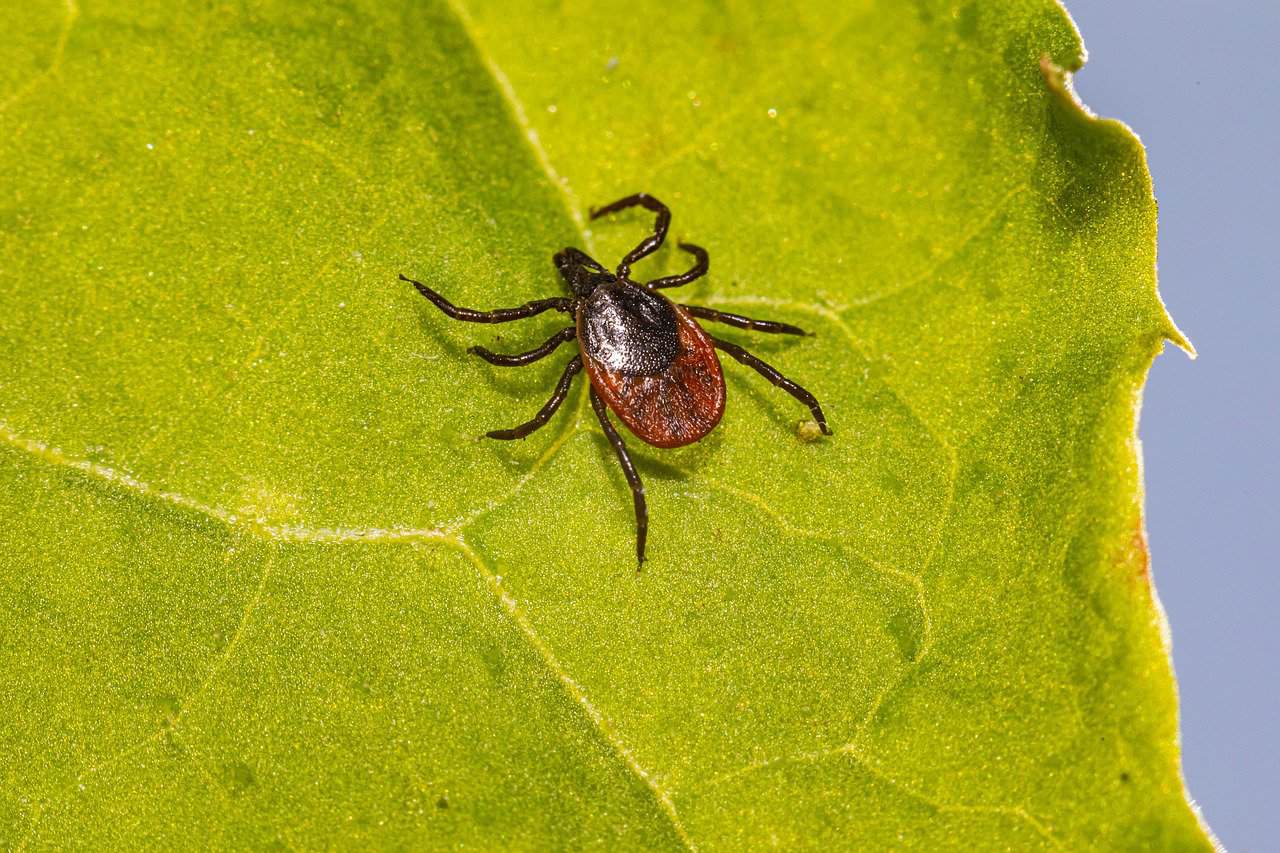Of the many strange and interesting species that many hope to encounter during their time in Costa Rica, arthropods are generally lower on the list. Of the 365,000 or so arthropods found in Costa Rica, the ones that may evoke the most feelings of fear and disgust are ticks. Ticks are ectoparasitic arachnids that practice obligate hematophagy. To you and me that means they have eight appendages like spiders and mites, they are a parasite that is attached to the outside of the host, and the only thing that they eat is blood. Now that we nailed down what they are, let’s sift through the information we have about ticks in Costa Rica.
The first thing to know is that there are many species of ticks in Costa Rica. A study that reviewed available information about ticks and public health in Central America found that there are twelve species of ticks that parasitize humans in Costa Rica. So, for those of us running around in the forest, there’s not just one species out there sizing us up for their next meal.
I could not find any information on the total number of tick species in the country. The twelve that article listed were only the ones that feed on humans. There are many more species that feed on other organisms including a whole host of mammals, birds, reptiles, and amphibians. I’ve seen many examples of this both in person and on my camera traps. Many people don’t think about ticks parasitizing reptiles, but they can be some of the easiest species to find ticks on in the wild because they stand out on their scaly skin.
I’ve seen many iguanas, snakes, and turtles making their way through the forest with at least one tick hitchhiker. I’ve even found ticks on ornate wood turtles, not just on their neck and legs, by on their actual shells. It’s harder to get a close enough look at mammals to detect ticks in the field, but I have many camera trap videos of a variety of mammals include Baird’s tapirs, white-tailed deer, and pumas with a heavy load of ticks on them.
What are the consequences of these many species of ticks feeding on these many species of hosts? The best-case scenario is the tick gets its fill and falls off the host to move onto the next stage of its lifecycle. As long as there aren’t too many ticks feeding on too much blood, the host should be fine. The real problem arises from tick borne illnesses. For the humans of Costa Rica, there are a variety of illnesses spread by ticks including Rocky Mountain spotted fever and typhus.
The most well-known tick-borne illness, Lyme disease, is either not spread in Costa Rica or is extremely rare. In 2012 there was a case of a man testing positive for Lyme disease in Santa Teresa. Up until this point, every other case of Lyme in Costa Rica was contracted by people who had been traveling. Apparently, this guy hadn’t left the country for the previous 14 months. Still, there’s at least one article out there questioning the testing methods in this case, so who knows.
What’s the take home information for someone enjoying the wilds of Costa Rica? While Lyme disease probably isn’t your biggest concern, there are tick borne diseases in the country so you should take precautions when spending time in the natural environment. My routine is to always wear tall socks, long pants, and apply some bug spray, especially around my ankles.
When I get home, I do an intensive full body tick search. If you do the same and happen to find a tick, it’s most likely not the end of the world. I’ve found probably 50 of these unpleasant ectoparasites during my searches and each one resulted in a slightly itchy bump that just goes away. That being said, you probably shouldn’t be taking medical advice from a guy who writes wildlife articles, so if it looks concerning go to the doctor.
About the Author
Vincent Losasso, founder of Guanacaste Wildlife Monitoring, is a biologist who works with camera traps throughout Costa Rica.






